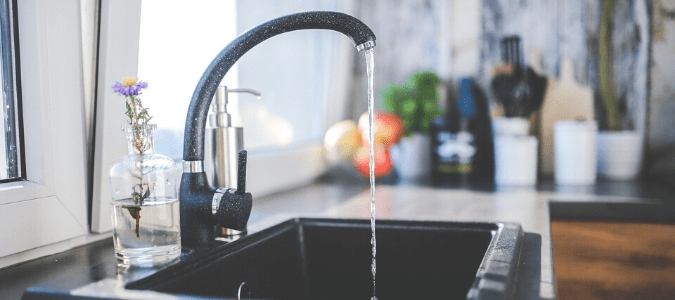What Is the Difference Between Hard Water and Soft Water?
Most of the water in Toronto, and throughout Canada is considered to be hard water. Hard water is defined by the hardness within the water caused by natural occurring sources, most notably calcium and magnesium.
While neither of these minerals pose health risks, as long as there is not an excess quantity of the minerals within the water, there is concern over the potential damage they can cause to plumbing, hot water heaters, dishwashers, coffer makers, faucets, shower heads, and toilets due to scaling.
Soft water is water that does not contain natural occurring hardness minerals. Even though there is a small amount of natural occurring soft water in various locations, it is often created using various processes, along with water softener systems, to help remove calcium, magnesium, and other minerals. The softening processes used often depend on whether the water is being softened at home with a home water softener or by your water provider.
How Does Hard Water Affect Plumbing?
Since hard water contains minerals, it causes scaling to form on the interior of pipes. Overtime, the scaling can buildup and become sufficient enough to create a reduction in water pressure and eventually, blockages, preventing the flow of water. If this occurs, it is recommended to contact a qualified plumbing company in Mississauga to determine whether the pipes can be cleaned or have to be replaced.
How Does Hard Water Affect Energy Usage?
Scaling prohibits the transfer of heat efficiently. As a result, the energy efficiency of hot water heaters declines and results in an increase in energy bills. Eventually hot water heaters have to be replaced from excessive scaling.
How Does Hard Water Affect Cleaning?
The minerals in hard water are more resistant to soaps, detergents, and cleaning products. As a result, it requires using more of these products in order to achieve the desired results, which further increases costs for cleaning products. Hard water will also leave water stains, in the form of small white spots, on cooking utensils, glasses, dishes, pots, pans, and other hard surfaces. With soft water, it reacts more effectively with these products, and depending upon the softness of the water, it is possible to reduce the amount of cleaning products required by up to 50%, saving you money.
How Does Hard Water Affect Showering/Bathing?
While hard water poses no risks for showering and bathing, as already mentioned, it does create scaling and requires using more soap and shampoo to get clean. The scaling forms on the sides of showers and tubs, as well as in showerheads and faucets, and will require more frequent cleaning and descaling. Eventually, showerheads and faucets have to be replaced, especially if there is a decrease in water flow.
For more information about the differences between hard and soft water and water treatment solutions for your home, contact My Precise Plumbing by calling 647-878-9293 today.

